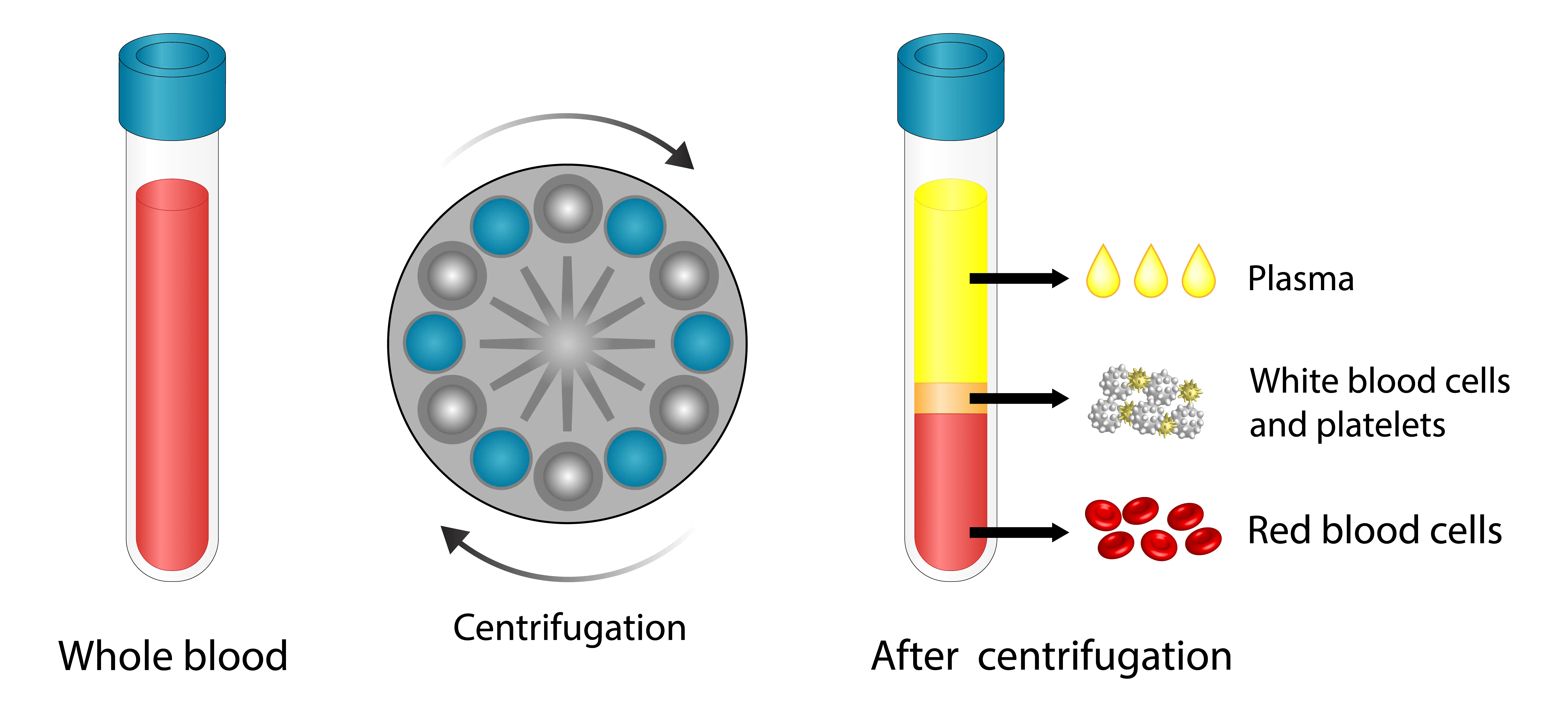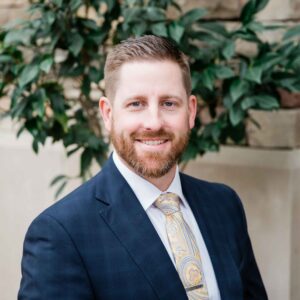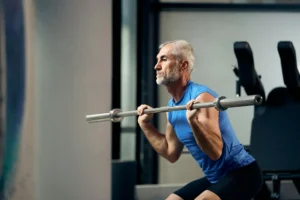Wondering how long to avoid caffeine after a platelet-rich plasma (PRP) injection? Generally, it’s best to stay caffeine-free for three to five days to maximize healing. In this post, we’ll discuss how avoiding caffeine may impact your recovery.
Key Takeaways
- Patients are generally advised to avoid caffeine for three to five days post-PRP injections to support platelet function and healing.
- Caffeine can disrupt blood flow and platelet activity, potentially reducing the effectiveness of PRP treatments.
- Hydration, nutrition, and avoiding strenuous activity can support recovery.
Understanding PRP Injections
PRP injections are a regenerative treatment where a sample of the patient’s blood is drawn and spun in a centrifuge to isolate the platelet-rich plasma. This concentration of platelets is then injected into the affected area, such as a joint or tendon, at the injured site to promote healing and tissue regeneration.
Platelets play a key role in the body’s natural healing process. They are not only responsible for blood clotting but also release growth factors that stimulate tissue repair and tissue healing.

For many patients, injecting concentrated platelets into the damaged area has been shown to enhance healing, provide relief from pain and inflammation, and promote tissue regeneration.
PRP therapy is commonly used to treat conditions like tendonitis, rotator cuff tears, tennis elbow, and early-stage arthritis. The PRP process aims to promote both short-term recovery and long-term healing.
The Role of Caffeine in the Body
Caffeine is a stimulant often found in coffee, tea, energy drinks, and other beverages. While it may temporarily boost energy and focus, it also affects several bodily systems involved in recovery, including blood flow, hydration, and platelet functioning.
After a PRP procedure, the body typically benefits from stable blood flow to the treated area. Shifts caused by caffeine may interfere, potentially slowing recovery. In the following subsections, we’ll cover caffeine’s effects on blood flow and platelet function in more detail.
Caffeine and Blood Flow
Caffeine can affect blood vessels and circulation, sometimes altering the delivery of nutrients and oxygen to tissues. In some cases, it can complicate the healing process. Altered blood pressure due to caffeine intake can disrupt the delivery of essential nutrients and oxygen to the treated areas.
After a PRP procedure, the body benefits from consistent blood flow to the treated area. The short-term circulatory changes caused by caffeine can disrupt the conditions needed for optimal PRP results.
Platelet Function and Caffeine
Caffeine may have effects on platelet activation and aggregation, two key processes for clotting and healing. This potential disruption can lead to reduced effectiveness of PRP treatments, as optimal platelet function is essential for the healing process.
For these reasons, avoiding caffeine is recommended to ensure that the concentrated platelets can perform their function without any hindrance.
Guidelines for Avoiding Caffeine Post-PRP
Patients are generally advised to avoid caffeine for three to five days following a PRP procedure. This period helps ensure platelets and blood flow are functioning without interference and supports a smooth recovery. In some cases, the caffeine-free period may be extended depending on the condition being treated or individual health factors.
The first 48 to 72 hours after PRP treatment are especially important for achieving optimal results. During this time, avoiding caffeine helps ensure the healing process begins without disruption.
Proper aftercare during this period also typically includes staying hydrated, avoiding anti-inflammatory medications, and steering clear of strenuous activity. These practices help create the ideal conditions for tissue regeneration and repair.
Alternatives to Caffeine During PRP Recovery
For patients accustomed to caffeinated beverages, finding alternatives can make recovery more manageable.
Non-caffeinated beverages such as herbal teas and smoothies can be excellent options. They not only help manage energy levels but also provide essential nutrients that support recovery. Decaf coffee is another option for those looking to avoid caffeine after PRP.
These alternatives can help mitigate cravings for caffeinated beverages while ensuring the body remains hydrated and supported throughout the healing process.
Other Factors Affecting PRP Recovery
Recovery after PRP involves more than just avoiding caffeine. Nutrition plays a key role, with foods rich in folate, iron, and protein supporting blood and tissue health. Avoiding inflammatory and processed foods is generally recommended to support the body’s recovery.
Hydration is another important factor. Temporarily abstaining from caffeine supports optimal hydration, as caffeine acts as a diuretic, leading to dehydration. During the healing process, it is important to drink plenty of fluids and stay hydrated.
Other lifestyle factors, such as avoiding strenuous exercise and applying ice packs intermittently, can help support optimal healing conditions, as well as manage swelling and discomfort after PRP injections.
Summary
In summary, avoiding caffeine after PRP injections is a key component of the recovery process. By understanding how caffeine impacts blood flow and platelet function, patients can make informed decisions. Adhering to post-treatment guidelines, including proper hydration, nutrition, and aftercare practices, further supports the body’s natural healing processes.
For those considering or currently undergoing PRP treatment, taking these steps may improve recovery outcomes. Embrace the journey to better health by staying informed and committed to the recommended aftercare practices.
Frequently Asked Questions
What does PRP stand for?
PRP stands for Platelet-Rich Plasma. This refers to a concentration of platelets, blood cells that play a role in clotting and healing, suspended in a small amount of plasma.
How is PRP treatment administered?
PRP treatment is administered by drawing a sample of the patient’s blood, processing it in a centrifuge to concentrate the platelets, and then injecting this platelet-rich plasma into the targeted area of injury or disease. This process has been shown to promote healing and tissue regeneration.
Why should I avoid caffeine after PRP treatment?
Avoiding caffeine after PRP treatment is often necessary as it can impair platelet function, hydration, and blood flow, all factors that support optimal healing. You can help prioritize your recovery by steering clear of caffeine during this time.
How long should I avoid caffeine after PRP injections?
It’s typically recommended to avoid caffeine for three to five days, though some individuals may benefit from extending that period.
What alternatives can I consume instead of caffeinated beverages during PRP recovery?
Consider drinking herbal teas, smoothies, decaffeinated coffee, or water infused with lemon as alternatives to caffeinated beverages during your PRP recovery. These options keep you hydrated and support recovery without the downsides of caffeine.





